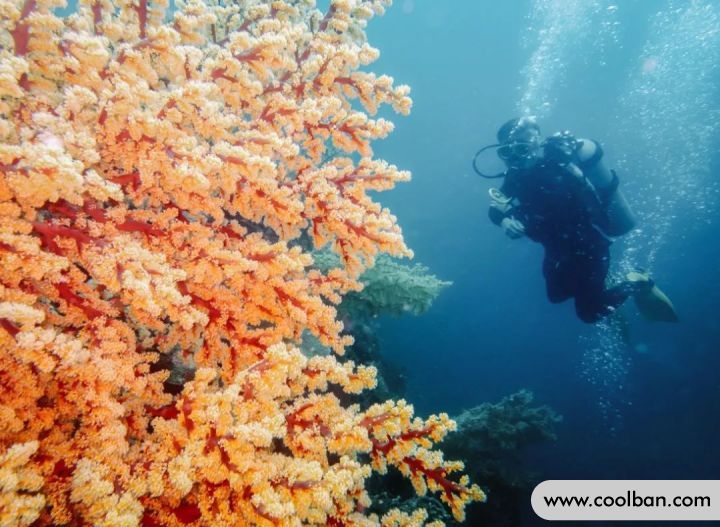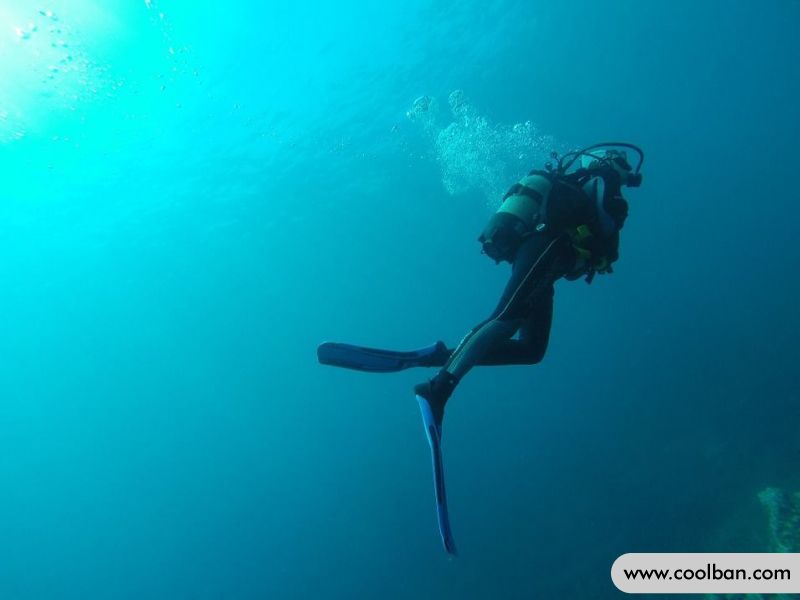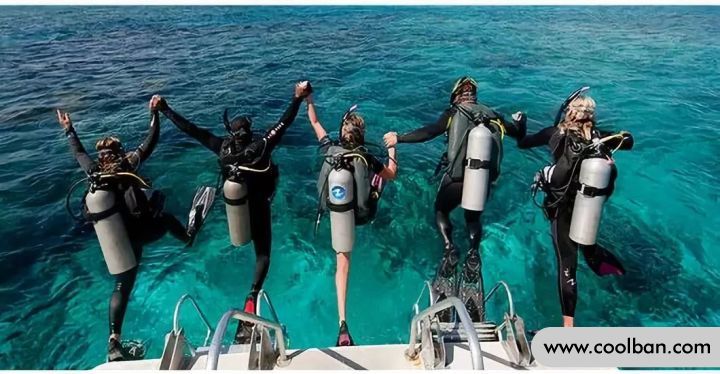Types of diving and diving certifications
The original purpose of diving is to dive below the surface with or without specialized tools for underwater surveying, salvage, repair and underwater engineering operations. Later, diving has gradually developed into a leisure sport with underwater activities as the main content, so as to achieve the purpose of physical exercise and leisure entertainment, and is widely loved by the public.
What are the types of diving?
In modern times, diving has become a household name, and many people's first reaction when they hear diving is to swim under the sea with a bulky oxygen tank. In fact, this diving method is called "deep diving", also called "scuba diving", which is a branch of diving. Diving is generally divided into three categories: snorkeling, deep diving (ie scuba diving) and free diving.
1. Snorkeling
The equipment is very light, mask + snorkel + fins. The simple explanation is that the body floats on the water surface, the head is buried in the sea, and various underwater scenery can be seen. The difficulty is low, the fun is high, and almost all waters can be snorkeled. It is a basic configuration item for various island tours. If you are a beginner, you can choose this.
2. Deep diving (scuba diving)
Deep diving, also known as scuba diving (SCUBA), has the heaviest equipment and dives with its own underwater breathing system. The equipment and pressure gauge (SPG) are brought to the water.
Unlike snorkeling near the surface, deep diving generally requires diving to a depth of tens of meters in order to deeply explore the mysterious underwater world.

3. Freediving
Spirometric adjustment diving is very difficult and a very dangerous extreme sport without a breathing system. Wearing a sexy and beautiful bikini, not carrying heavy objects, and learning free diving is one of the motivations for many girls.
However, freediving is a sport that is a serious test of physical fitness and expertise, and can only be attempted after systematic teaching and repeated training. After all, although the underwater world is beautiful, your life is even more beautiful.
If you just want to experience the simple feeling of diving, you can choose snorkeling. Most islands have professional instructors who can hire guidance. But if you want to go deep into the sea, watch the more beautiful marine world up close, and swim with the underwater elves, then choose deep diving or free diving, but remember, you must learn to dive before entering the sea.

About diving certification
1. Does diving require certification?
Those who want to dive without a certificate are called experience diving. If you are not sure whether you like diving, you can start with this way and get close to the sea. General instructors will take you to a depth of no more than 12 meters to experience diving life. Of course, experience diving also includes snorkeling.
2. What is the difference between a diving certificate?
When you want to have a deeper understanding of this sea area and dive into deeper places to feast your eyes, you must start an investigation trip and obtain relevant qualifications. With so many diving certifications out there, the most practical and accessible for most people are the OW and AOW.
During the learning process of the diving certificate, the first level course to obtain the diving certificate is OW (Open Water Diver, Open Water Junior Diver). After obtaining the certificate, it is possible to dive 18 meters in open water.
The advanced course after OW is called AOW (Advanced Open Water Diver). After getting the certificate, you can dive to a depth of 30 meters, which is the depth of general recreational diving.
The same level of diving can be certified by different diving agencies, although the requirements are different, but the utility is basically the same. PADI (Professional Association of Diving Instructors) is currently the highest quality diving organization in the world.

3. Do I need to be able to swim to get a diving certificate?
Scuba diving theoretically does not require the ability to swim. Because you will wear professional diving equipment and have a special buoyancy adjustment device (B.C), you can fully enjoy the fun of diving even if you can't swim.
But being able to swim allows you to better adapt to the water environment, so it is recommended that you learn to swim before diving. In addition, people's movement in the sea relies on their feet and neutral buoyancy, but people who can swim will habitually paddle when diving, which is not conducive to diving, so it is more advantageous not to swim in this regard.
Generally speaking, there's really only one point in deciding whether you'll be able to dive -- you can't be afraid of the water.
Learning formal diving knowledge will give you a deeper understanding of the sport of diving, understand the risks of diving, and better use your skills to explore the mysterious seabed. So, don't try blindly without foundation, experience, and coaching guidance, it is irresponsible for your own life.